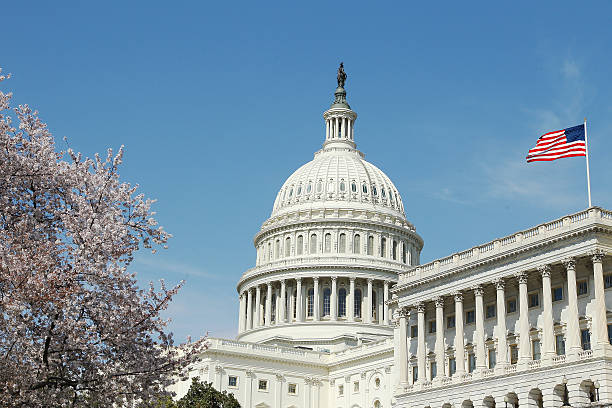U.S. lawmakers push to block continued UAE arms sales over Sudan conflict

![United States Capitol Rotunda. [Photo courtesy]](https://i0.wp.com/www.sudanspost.com/wp-content/uploads/2025/04/istockphoto-513391670-612x612-1.jpg?resize=612%2C408&quality=89&ssl=1)
U.S. Congressman Gregory W. Meeks, who is a ranking member of the House Foreign Affairs Committee, is among those advocating for the move amid a worsening humanitarian crisis.
The conflict, which erupted between the RSF and the Sudanese Armed Forces (SAF) in April 2023, has resulted in the deaths of more than 150,000 people, according to aid organizations.
The U.S. State Department has determined that the RSF’s campaign of ethnic cleansing, sexual violence, and indiscriminate attacks constitutes crimes against humanity, and both the RSF and SAF have been accused of war crimes.
U.S. officials and rights groups have raised concerns over the UAE’s alleged support for the RSF, with investigations, including a United Nations report last year, indicating that arms shipments have reached the RSF via Chad and Libya.
Lawmakers pushing for restrictions argue that continued U.S. arms sales to the UAE undermine Washington’s commitment to ending the conflict and increase pressure on Abu Dhabi to withdraw its backing of the RSF.
Mohamed Suliman, a Sudanese researcher and writer based in Boston, called on the United States to leverage its relationship with the UAE by blocking arms sales. He argued that such a move would send a strong signal that Washington prioritizes Sudan’s stability over its economic and military ties with the UAE.
“The U.S should leverage the UAE by blocking its arms sales” Suliman told . “This will send a strong message that the U.S does not favor its economic and military interests with the UAE over the stability and peace in Sudan”.
Despite the escalating violence, the previous U.S. presidential administration made no public statement on the crisis and significantly reduced U.S. humanitarian aid to Sudan, complicating relief efforts.
International humanitarian organizations have warned that nearly 23 million Sudanese are at risk of famine or displacement and that without urgent intervention, the situation could deteriorate further. Aid agencies already face severe funding shortages, leaving millions without food, water, or medical assistance.
Sudanese political analyst Dallia Abdelmoniem highlighted the uncertainty surrounding Sudan’s humanitarian crisis following the U.S. funding freeze, emphasizing that Washington had been the country’s largest aid donor.
She stressed the need for greater pressure on both warring parties to allow humanitarian assistance to reach civilians but questioned whether there had been any real attempts to engage with either side to facilitate aid deliveries.
“The U.S has been the largest aid donor to Sudan, but what happens now after funding freeze is not clear” she told .
“More pressure should be applied on both belligerents to ensure aid reaches civilians, but the question is: has there been any attempt to engage with either side for that to happen,” she added.
Meanwhile, the conflict in Sudan shows no sign of abating. In February, the RSF announced their intention to establish a parallel government, and on March 21, the SAF reclaimed the Presidential Palace in Khartoum.
With no negotiated settlement in sight, members of congress are calling for stronger measures to curb external support to both factions and facilitate peace efforts.
While it remains uncertain whether congress will successfully block the arms sales, the growing calls for action highlight increasing frustration over the U.S. response to Sudan’s crisis.
Advocates argue that stronger diplomatic engagement, targeted sanctions, and the restoration of humanitarian aid could play a critical role in alleviating suffering and pushing for a resolution to the conflict.
sudanspost.com